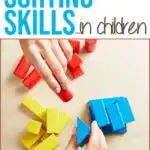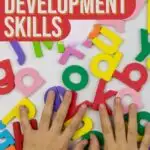Sorting Skills may seem simple, but they offer many benefits, such as improving critical thinking, memory, and problem-solving abilities. Sorting is an excellent way to encourage child development and growth!
As parents, educators, or caregivers, one of the most crucial aspects of raising a child is to enhance their cognitive abilities. It is important to stimulate your child’s brain development from a young age, and one way to do so is by honing their sorting skills.

In this blog post, we will explore the key benefits of sorting for child development, some practical applications for teaching, and how you can incorporate sorting activities into your daily routine.
The Cognitive Benefits of Sorting
Categorizing activities are an excellent way to encourage cognitive development in children. Arranging helps build and reinforce the connections between different parts of the brain, especially those responsible for recognizing patterns, memorizing information, and making decisions.
Sorting also helps children develop essential cognitive skills such as categorization, classification, discrimination, and analysis. These skills are crucial for academic success and can be applied in many aspects of life.
How to use Sorting Skills
Sorting offers a fun and engaging way to teach various subjects. Teachers can adapt sorting activities to teach a range of subjects, such as math, science, language arts, and social studies.
For example, sorting activities can help children learn how to:
- Count and recognize numbers
- Sort and classify shapes, colors, and sizes
- Identify and sort letters and words
- Categorize animals, plants, and objects
- Compare and contrast different ideas, concepts, and perspectives
- Analyze and interpret data and information
Sorting activities can be done individually or in groups and adapted to suit various learning styles and abilities.
They can also become more challenging as children progress, making them excellent for differentiation and skill-building.
How to Help Kids Develop Different Skills
When it comes to our little ones, we want to ensure we’re doing everything we can to help them grow and learn. That’s why it’s so important to focus on nurturing all of their different skills – each is like a little puzzle piece that helps build the bigger picture of who they are becoming!
Let’s compare and contrast sorting skills with other essential childhood developmental skills, including gross motor skills, listening skills, and speaking skills:
Sorting Skills:
Sorting skills involve categorizing and organizing objects based on various attributes such as color, shape, size, or type.
Tips for Development: Provide diverse sorting materials, engage in sorting activities, and encourage verbal reasoning to promote sorting skills.
Gross Motor Skills:
Gross motor skills involve coordinating large muscle groups for running, jumping, and climbing activities.
Tips for Development: Encourage outdoor play, provide age-appropriate sports equipment, and engage in physical activities that promote coordination and balance.
Listening Skills:
Listening skills involve understanding and interpreting spoken language, following instructions, and staying focused during communication.
Tips for Development: Read aloud to children, engage in active listening conversations, and provide clear, concise instructions to encourage the development of listening skills.
Speaking Skills:
Speaking skills encompass the ability to articulate words clearly, express thoughts coherently, and communicate effectively.
Tips for Development: Engage in storytelling, encourage open conversations, and provide opportunities for public speaking or presentations to enhance speaking skills.
Fine Motor Skills:
Fine motor skills involve coordinating small muscle movements, such as using utensils, writing, and manipulating small objects.
Tips for Development: Offer activities that involve cutting, drawing, and crafting, provide playdough or building blocks, and encourage activities that strengthen hand-eye coordination.
Social Skills:
Social skills encompass interacting with others, forming relationships, and navigating social situations effectively.
Tips for Development: Encourage cooperative play, teach empathy and sharing, and provide opportunities for group activities to foster social skills.
How to Incorporate Sorting Activities into Daily Routines
Sorting activities can be incorporated into your daily routine in several ways. Here are a few ideas to get you started:
- Sorting Laundry: Ask your child to help you sort the laundry by color, size, or type.
- Sorting Toys: Encourage your child to sort their toys by category or type. For example, they could sort their Legos by color or their stuffed animals by size.
- Sorting Food: Ask your child to help you sort fruits and vegetables by color, size, or type. This is also an excellent opportunity to teach them about healthy eating habits.
- Sorting Books: Help your child sort their books by author, genre, or theme. This is a great way to introduce them to new books and authors.
- Sorting Nature Items: Encourage your child to sort leaves, rocks, shells, or other natural items by shape, color, or type.
Learning Printables and Activities
These are excellent resources for kids! They’ll love being a part of the learning process from start to finish.
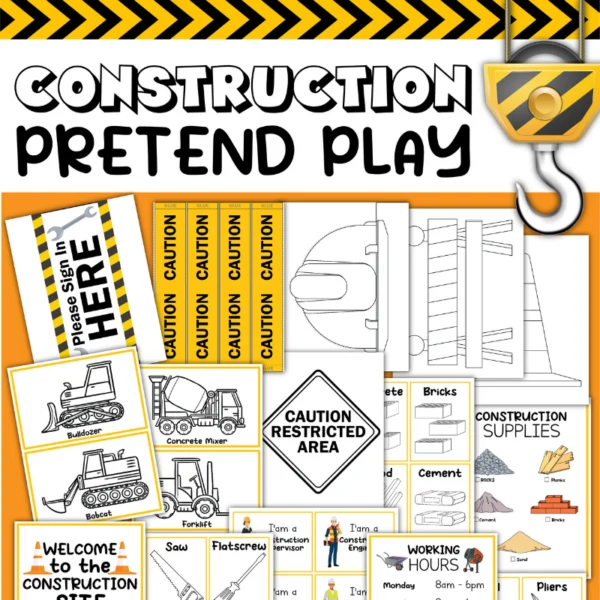
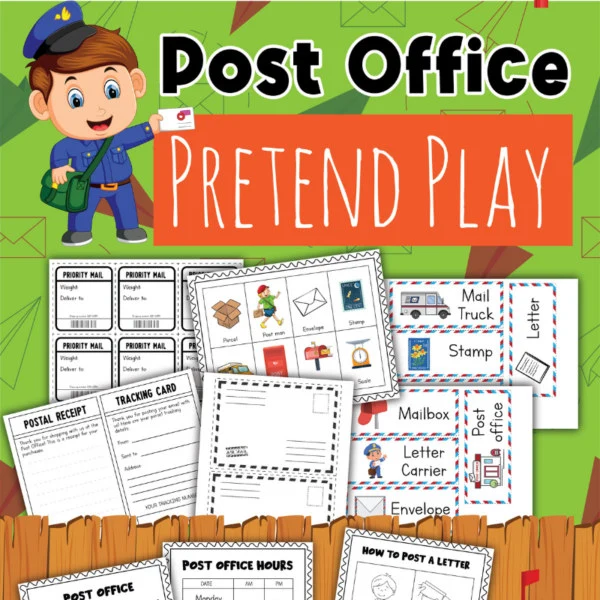
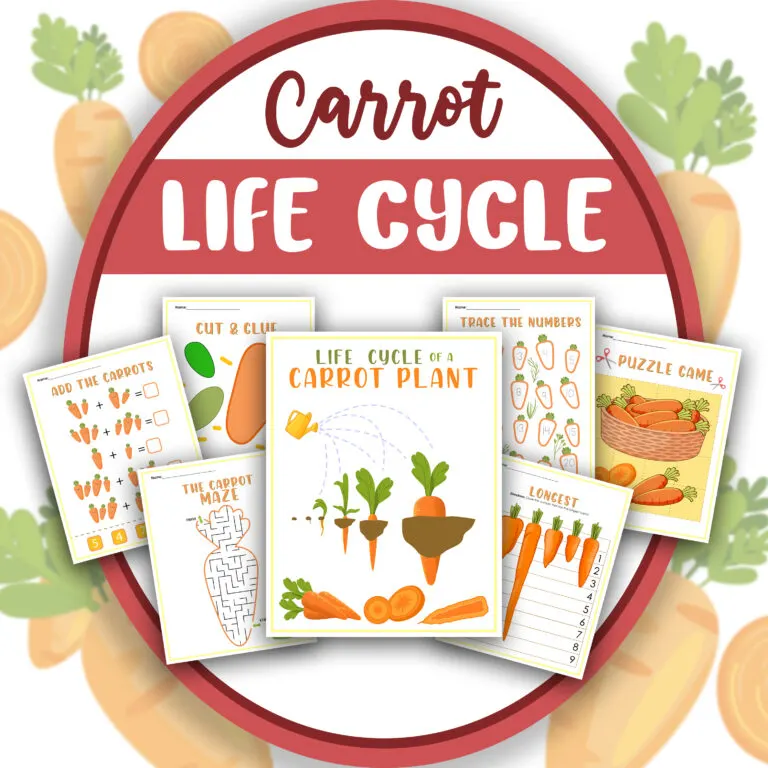
Creating a fun and engaging learning environment where kids can explore and discover independently is essential for helping them develop sorting skills.
Creating an Environment for Growth
Here are some tips to help parents, caregivers, and educators promote the development of sorting skills in children:
- Introduce Various Materials: Supply children with a mix of items differing in shapes, colors, and sizes to enhance their sorting experiences. This variety helps them learn categorization based on distinct attributes.
- Create Organized Spaces: Establish organized play areas with designated storage for different types of toys or objects. This teaches children how to sort items and reinforces the importance of tidiness and organization.
- Participate in Sorting Games: Actively join children in sorting games, offering guidance and showcasing different methods. This direct involvement boosts engagement and learning through hands-on practice.
- Encourage Verbal Reasoning: Prompt children to verbalize their sorting decisions and explain why they are sorting items in a particular way. This will foster critical thinking and communication skills alongside sorting abilities.
- Incorporate Sorting into Everyday Tasks: Make sorting a part of daily activities like organizing laundry or groceries. This integration shows the practical side of sorting and embeds it into routine life.
- Offer Positive Reinforcement: Acknowledge and praise children’s sorting efforts, regardless of the outcome. Positive reinforcement fosters confidence and motivation, making the learning process more enjoyable.
- Allow Creative Exploration: Offer chances for children to explore sorting in their way, without strict boundaries. This freedom encourages innovation and personal discovery in sorting techniques.
Adults can nurture children’s cognitive abilities and prepare them for future challenges by promoting sorting skills development.
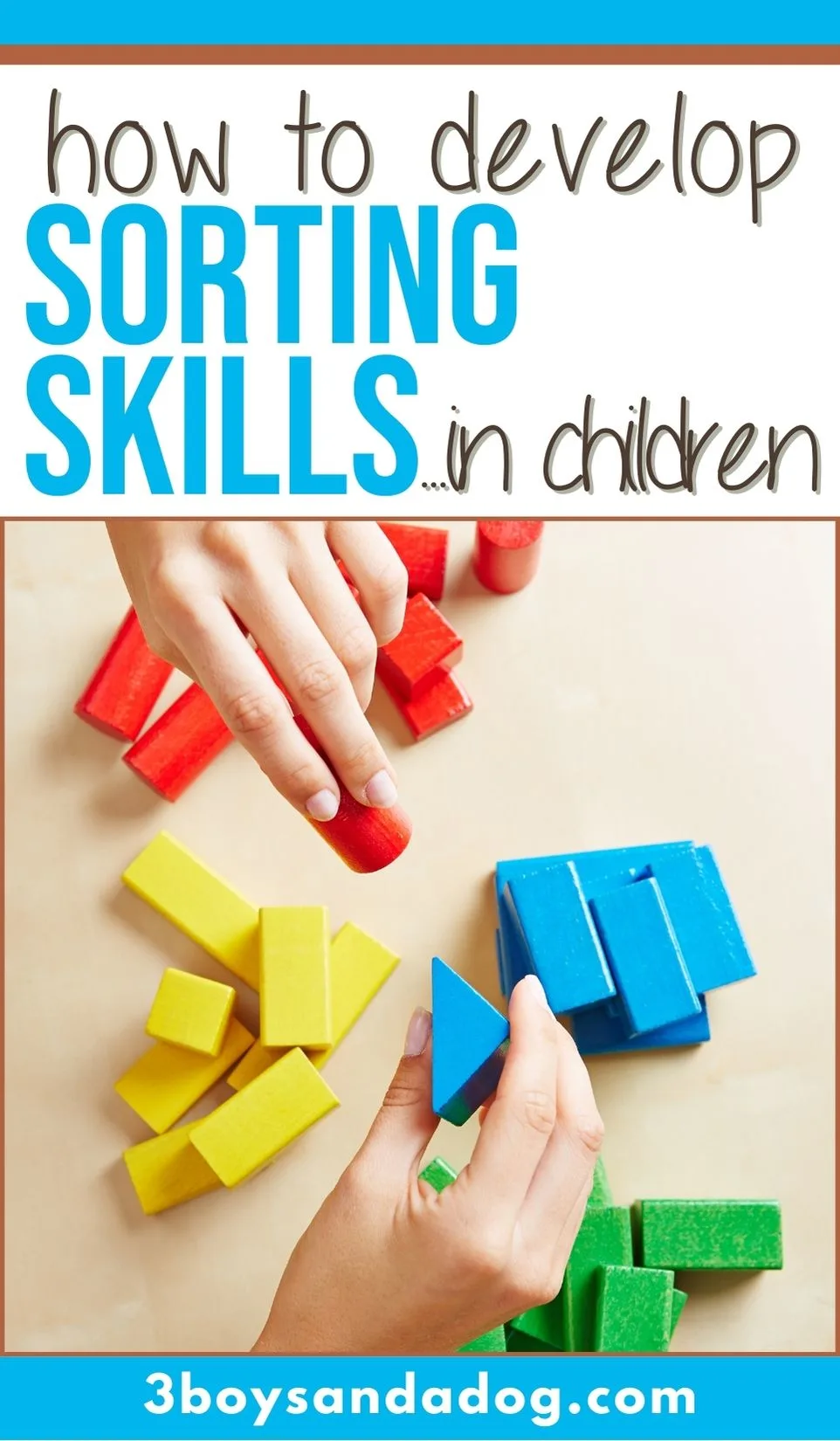
When it comes to helping kids grow, it’s important to remember that all their skills are connected. This means parents, caregivers, and educators should take a well-rounded approach to supporting kids.
By creating a safe and supportive environment, we can help kids develop their skills and grow up healthy and happy.
Sorting is an excellent way to enhance cognitive development in children. Engaging in sorting activities not only helps individuals develop critical cognitive skills, such as classification, categorization, and analysis but also, these activities can be customized to teach a variety of subjects.
Grouping activities are easy to incorporate into your daily routine and can be done individually or in groups.
Classifying activities can be super fun for kids, but they also help them love learning, boost their brain power, and prepare for success in all areas of life.

